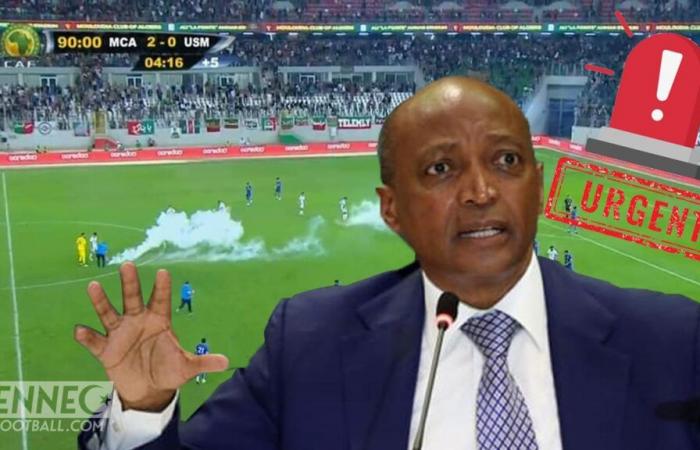Nigeria had decided to withdraw and return to Abuja a day before the match, after staying for over 15 hours at Al Abraq airport due to issues with the passport system. Following this incident, CAF canceled the meeting pending a decision from its disciplinary committee.
Anis Ben Mim explained that “all options are possible” in this matter, which is currently being examined by the CAF disciplinary committee. He stressed that examination of the evidence provided by the Libyan and Nigerian federations could lead to the setting of a new date for the match, which would probably take place on a neutral ground.
Ben Mim also mentioned that the Nigeria Football Federation failed to meet some of its obligations during the Libyan delegation’s visit to Uyo, Nigeria. This includes reception, facilitating airport travel procedures, ensuring the safety of players and ensuring their return to Libya after the end of the match. These failings could work in Libya’s favor if the disciplinary committee considers that Nigeria’s withdrawal was not justified.
In this case, minor financial sanctions could be imposed on the Libyan Federation, and the match could be replayed on neutral ground. However, if CAF judges that Nigeria’s withdrawal was legitimate, severe sanctions could be applied to Libya, with Nigeria losing the match. In this scenario, Libya could appeal to the Court of Arbitration for Sport (CAS) in Switzerland to defend its rights.
The outcome of this case therefore remains uncertain, but it could have a major impact on Libya’s chances of qualifying for CAN 2025, depending on the CAF decision and the evidence provided by both parties.
Morocco






